
The Victims Assistance Program provides support:
- If you are a victim of crime or
- You have witnessed a crime or
- You are an affected family member of a victim of crime, including family members of people who have died because of a crime.
- Note: the crime or act of violence must have occurred in Victoria.
This is a voluntary, confidential, and free service which is funded by the Victorian Government Department of Justice and Community Safety.
Our VAP staff are professionals from multidisciplinary backgrounds and include Family Violence Practice Leads and an Aboriginal Engagement Worker. They are diverse in cultures and multilingual. We provide free interpreter services to victims of different ethnic backgrounds.
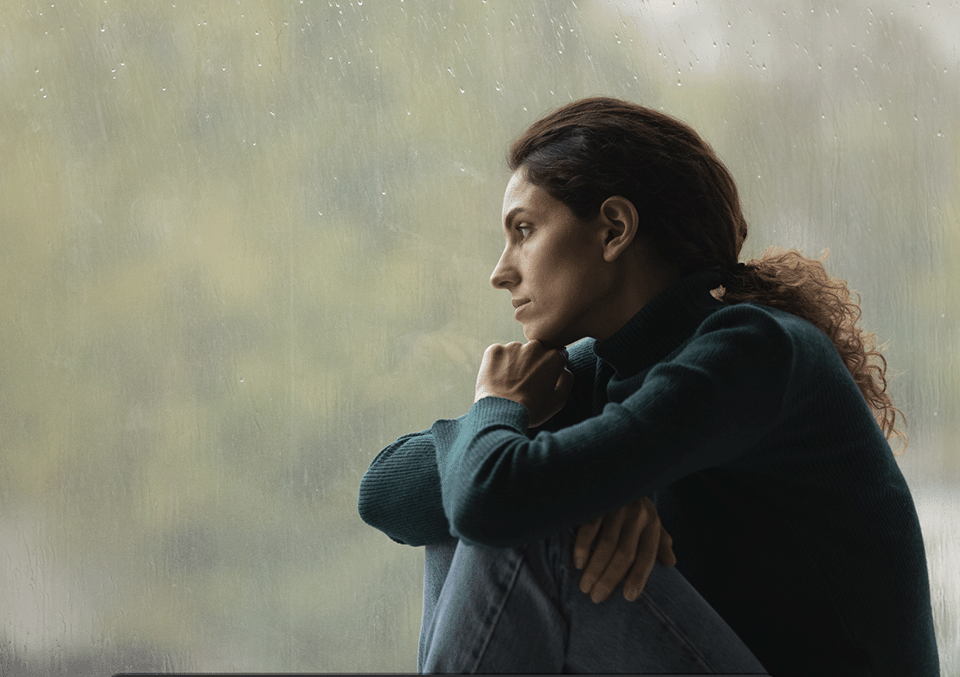
Victims
When you have been a victim of crime, you do not have to deal with it alone, we are here to support you. The Victims Assistance Program (VAP) is funded to provide free services to victims of crime against the person. You can get support whether you have or have not reported the crime to Police.
Breakdown of the Service
You will be provided with information about legal and justice processes such as communicating with police and/or making a statement.
You will be supported to better understand the justice system and processes from beginning to end so that you can actively participate, such as getting ready for court, understanding your rights and entitlements under the Victims’ Charter.
You will be supported for the preparation of your Victim Impact Statement (VIS) for sentencing hearings.
Note: What is a Victim Impact Statement? A victim impact statement tells the court about how a crime has impacted you. It is a chance for you to talk about how you feel and what has happened to you because of the crime.
You will be supported to complete financial assistance/compensation application to the Victims of Crime Assistance Tribunal (VOCAT) to see if you are eligible to get compensation for your injuries, losses, or property.
You will be supported to address the impacts of trauma on you, and we will facilitate referrals to other professional services such as counselling or therapeutic services.
Get the help and support you need
The Victims Assistance Program provides you with support that is focussed on your individual needs to support your recovery and reduce the impact of the crime on you. Whether it is immediate practical assistance and access to a range of services and supports, including engagement with the criminal justice system and helping you feel safe again.
Culturally safe advice and assistance for Aboriginal and Torres Strait Islander victims of crime
DPV Health Victims Assistance Program (VAP) has an Aboriginal Engagement Worker that can support community on their journey of recovery and help mitigate the impacts of crime. To get in touch directly with the Aboriginal Engagement worker please call Debbie Evans 0472 577 445.
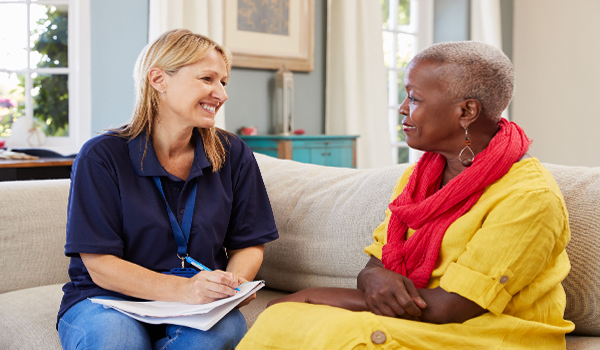
More Information
Fees
The Victims Assistance Program is a voluntary and free service.
Locations
If you live in the following Local Government Areas (LGAs), you can be provided with the Victims Assistance Services.
Banyule, Darebin, Hume, Merri-bek, Nillumbik, Whittlesea, Yarra.
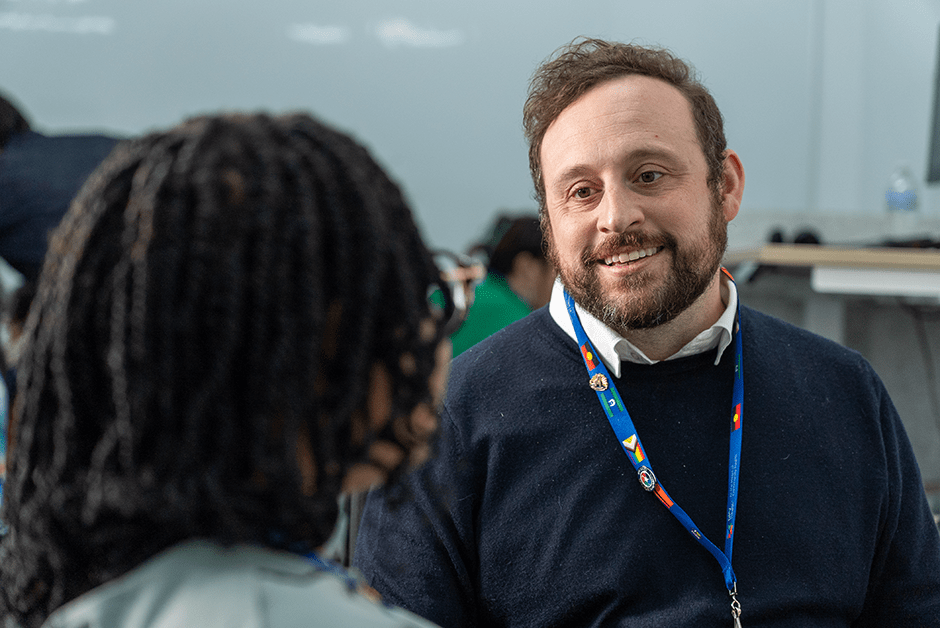
How to Access the Victims Assistance Program
A victim of crime does not need a formal referral to access the Victims Assistance Program, they can call the Victims of Crime Helpline or contact us.
Victims of Crime Helpline
Open daily: 8am–11pm
Text: 0427 767 891
Email: vsa@justice.vic.gov.au
DPV Health
Open Monday–Friday (except public holidays): 9am–5pm
Call: 03 7035 9721
Email: VAPintake@dpvhealth.org.au and send a referral form
English
Download the Victims Assistance information brochure here
Arabic
Download the Victims Assistance information brochure here
Hindi
Download the Victims Assistance information brochure here
Tamil
Download the Victims Assistance information brochure here
Turkish
Download the Victims Assistance information brochure here
For organisations or professionals wanting to know more about the VAP in the Northern Metro region, please contact DPV Health.
If you are a professional supporting a victim of crime who has experienced or witnessed a crime, you can make a referral.
Resources
For more information visit:
Victims of Crime – watch the effects of crime videos here.
The Victims’ Charter in Victoria has guidelines to protect and promote your rights.
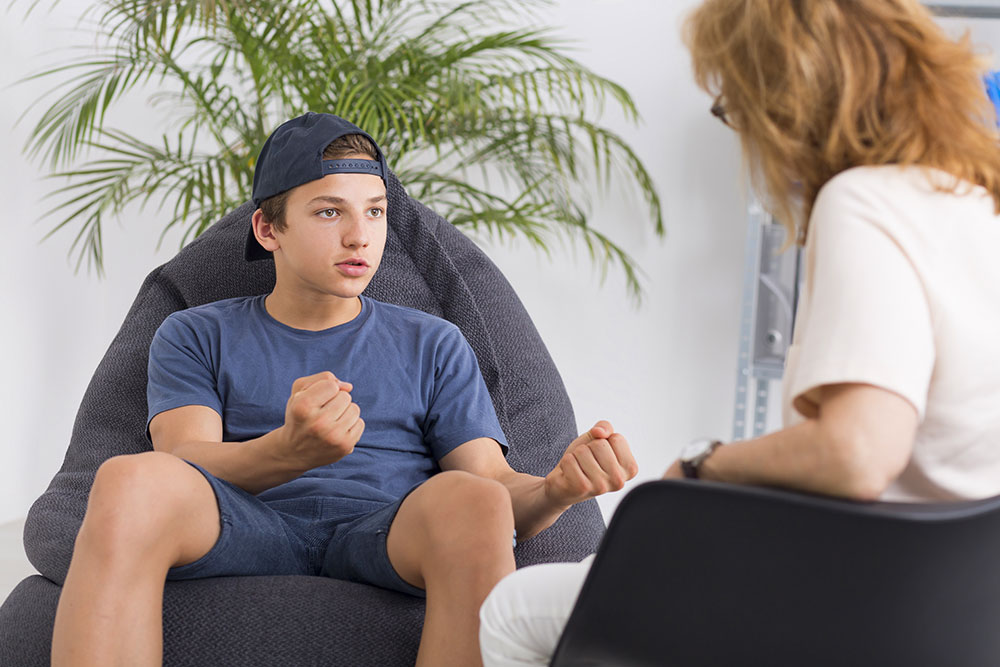
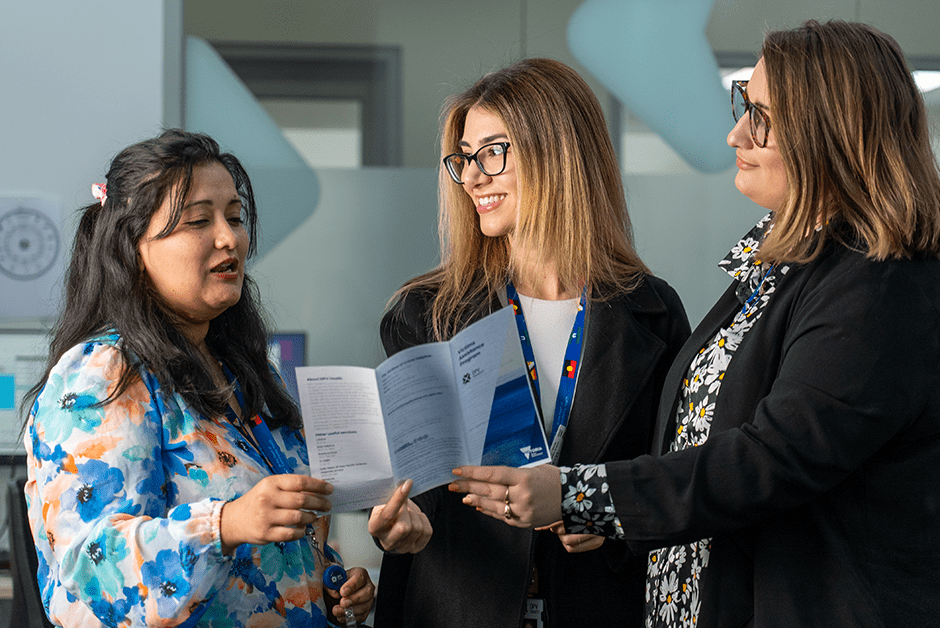
Frequently Asked Questions
If you live in the following Local Government Areas (LGAs), you can be provided with the Victims Assistance Services.
Banyule, Darebin, Hume, Merri-bek, Nilumbik, Whttlesea, Yarra.
If you are a victim of crime or, you have witnessed a crime or you are an affected family member of a victim of crime.
This includes family members of people who have died because of a crime.
There are no fees for this service.
You can make a referral through the Victims of Crime Helpline or DPV Health:
Victims of Crime Helpline
Open daily: 8am–11pm
Text: 0427 767 891
Email: vsa@justice.vic.gov.au
DPV Health
Open Monday–Friday (except public holidays): 9am–5pm
Call: 03 7035 9721
Email: VAPintake@dpvhealth.org.au and/or send a referral form
Primary Victims
A primary victim is a person who has been injured or dies as a direct result of a violent crime or has been injured trying to prevent, help or rescue someone from a violent crime.
Secondary Victims
A secondary victim is a person who is injured as a direct result of being present at the scene of a violent crime and witnessing that crime. It may be the parent/guardian of the primary victim who was under the age of 18 at the time the criminal act was committed.
Related Victims
Related victims are close family member/s, a dependent or someone with an intimate personal relationship with a deceased primary victim.
Homicide and related offences, assault and related offences incl. Family Violence, sexual offences, abduction and related offences, robbery, blackmail and extortion, stalking, harassment and threatening behaviour, dangerous and negligent acts endangering behaviour.
Subscribe
Receive health & wellbeing news & information.
Care and support you can trust, so you can keep doing what you love




 Language
Language